Quwarmah Al Dajaj, also known as Qorma or Korma, is a popular dish that originated in the Mughal era in India and Pakistan. The dish consists of chicken cooked in a rich, flavorful sauce made from a blend of spices, onions, garlic, ginger, and yogurt or cream.
The history of Quwarmah Al Dajaj can be traced back to the Mughal era in the Indian subcontinent, where it was a popular dish among the royal court. The Mughals were known for their lavish lifestyle and culinary tastes, and they brought many dishes, including Quwarmah Al Dajaj, to the Indian subcontinent from Persia and Central Asia.
Quwarmah Al Dajaj has since become a staple dish in many countries, including India, Pakistan, Afghanistan, and Bangladesh. The dish has been adapted to suit local tastes and preferences, with different regions adding their unique blend of spices and herbs.
In many cultures, Quwarmah Al Dajaj has cultural significance beyond its culinary appeal. It is often served during festive occasions such as weddings and religious ceremonies and is seen as a symbol of hospitality and generosity.
The dish has also become a popular dish among the Muslim community, as it is permissible under Islamic dietary laws. It is often served during the holy month of Ramadan, a time of fasting and spiritual reflection.
Introduction
Quwarmah Al Dajaj, also known as a chicken stew, is a popular dish in Middle Eastern cuisine. It is a hearty and flavorful dish that can be enjoyed on its own or with rice, bread, or couscous. Quwarmah Al Dajaj is a popular dish with a rich cultural history and significance. Its versatility and adaptability have made it a staple in many cultures, and it continues to be enjoyed by people around the world. this dish is among the most liked dishes in the middle east like Mansaf, Baklava, Knafeh, Masgouf, Kebab Karz, Shawarma, etc
In this article, we will explore the cooking recipe of Quwarmah Al Dajaj.
Nutritional Facts of Quwarmah Al Dajaj
Quwarmah Al Dajaj is a rich source of protein, vitamins, and minerals. A typical serving of Quwarmah Al Dajaj (200 grams) contains:
- Calories: 300
- Total Fat: 17g
- Saturated Fat: 3.5g
- Cholesterol: 85mg
- Sodium: 680mg
- Total Carbohydrates: 8g
- Dietary Fiber: 2g
- Sugars: 3g
- Protein: 27g
As you can see, Quwarmah Al Dajaj is a high-protein dish that can help you meet your daily protein requirements. It is also a good source of dietary fiber, which can aid in digestion and help you feel fuller for longer.
Health Benefits of Quwarmah Al Dajaj
Quwarmah Al Dajaj is not only delicious but also packed with health benefits. Here are some of the health benefits of this dish:
- Rich in Protein, Quwarmah Al Dajaj is a high-protein dish. Protein is essential for building and repairing muscles, bones, and other tissues in the body. It also helps to regulate hormones, enzymes, and other important functions in the body.
- Contains Vitamin B6, Quwarmah Al Dajaj contains Vitamin B6, which is essential for brain development and function. It also helps to produce red blood cells, which carry oxygen throughout the body.
- Good Source of Minerals, Quwarmah Al Dajaj is also a good source of minerals such as iron, phosphorus, and potassium. Iron is important for carrying oxygen in the blood, while phosphorus is essential for bone and teeth health. Potassium is important for regulating blood pressure and heart function.
- Anti-inflammatory Properties: Spices like ginger, garlic, and turmeric used in Quwarmah Al Dajaj have anti-inflammatory properties, which can help reduce inflammation and pain in the body.
- Boosts Immunity: The spices used in the dish, such as turmeric, cumin, and coriander, have antimicrobial and immune-boosting properties that can help fight off infections.
- Rich in Antioxidants: Some of the spices used in Quwarmah Al Dajaj, such as cloves, cinnamon, and cardamom, are rich in antioxidants, which can protect the body against oxidative stress and cellular damage.
- Low in Carbs: Quwarmah Al Dajaj is a low-carb dish that can be a good option for people following a low-carb or keto diet. Quwarmah Al Dajaj this property of being a low-carb, high-protein dish helps you feel fuller for longer. This can help you eat fewer calories overall, leading to weight loss.
Recipe of Quwarmah Al Dajaj
The cooking time of Quwarmah Al Dajaj takes about 30-40 minutes to prepare the dish and another 30-40 minutes for cooking.
Ingredients required
The ingredients required in making Quwarmah Al Dajaj for two people serving are as under
- Chicken: 1-2 pounds of bone-in or boneless chicken pieces
- Oil: 2-3 tablespoons of cooking oil such as vegetable oil or ghee
- Onions: 2-3 medium-sized onions, finely chopped
- Garlic: 4-5 cloves of garlic, minced
- Ginger: 1-2 inch piece of ginger, peeled and grated
- Yogurt: 1/2 cup of plain yogurt or cream
- Spices: A blend of ground spices including cumin, coriander, turmeric, cinnamon, cardamom, cloves, and chili powder
- Tomatoes: 2-3 medium-sized tomatoes, chopped or pureed
- Salt: To taste
- Water or chicken broth: 1-2 cups
- Fresh cilantro or mint leaves for garnish (optional)
- Some recipes may also include additional ingredients such as almonds, raisins, or coconut milk to add more depth and richness to the dish.
Utensils required
Here are the utensils required to make Quwarmah Al Dajaj:
- Large bowl for marinating the chicken
- Large pot with a lid for cooking the chicken and sauce
- Cutting board and a sharp knife for chopping vegetables and chicken
- Wooden spoon or spatula for stirring the ingredients
- Measuring cups and spoons for measuring spices and liquids
- Garlic press or mincer for preparing garlic
- Grater for ginger
- Blender or food processor (optional) for pureeing tomatoes
- Serving dishes for presenting the finished dish
- Ladle or spoon for serving the Quwarmah Al Dajaj.
- Having all the necessary utensils will make the cooking process easier and more efficient.
Instructions in cocking
In a large bowl, mix the chicken with yogurt and a blend of spices including cumin, coriander, turmeric, cinnamon, cardamom, cloves, and chili powder. Cover the bowl and refrigerate for a few hours or overnight to marinate the chicken and allow the flavors to develop.
- Heat the oil in a large pot over medium heat. Add onions and sauté for 5-7 minutes until they become soft and translucent.
- Add garlic and ginger and cook for 1-2 minutes until fragrant.
- Add the marinated chicken to the pot and cook for 5-7 minutes until the chicken is lightly browned on all sides.
- Add chopped or pureed tomatoes to the pot and mix well.
- Add salt to taste and pour in 1-2 cups of water or chicken broth. Bring the mixture to a boil.
- Reduce heat to low and cover the pot. Simmer for about 30-40 minutes until the chicken is cooked through and the sauce has thickened.
- Remove the lid and continue to simmer the dish for another 5-10 minutes to allow the sauce to thicken further.
- Garnish with fresh cilantro or mint leaves, if desired.
- Serve the Quwarmah Al Dajaj hot with rice or bread.
Precautions in Cocking
Here are some precautions to take when cooking Quwarmah Al Dajaj:
- Handle raw chicken with care and follow proper food safety guidelines to avoid the risk of foodborne illness. This includes washing your hands, utensils, and surfaces that come into contact with the raw chicken.
- Marinate the chicken in the refrigerator and cover it well to avoid cross-contamination.
- Cook the chicken thoroughly to an internal temperature of 165°F to ensure it is safe to eat.
- Be cautious when adding spices and adjust the amount according to your taste preference.
- Use a pot with a tight-fitting lid to prevent the sauce from boiling over and causing a mess.
- Stir the ingredients occasionally to prevent sticking or burning.
- If the sauce becomes too thick, add a little more water or chicken broth to achieve the desired consistency.
- Be careful when handling hot pots and utensils to avoid burns or accidents.
By following these precautions, you can ensure a safe and enjoyable cooking experience with delicious and flavorful results.
Side effects of Quwarmah Al Dajaj
Quwarmah Al Dajaj is a healthy and nutritious meal when consumed in moderation and as part of a balanced diet. However, there are some potential side effects to be aware of, especially if you have specific dietary requirements or medical conditions.
One potential side effect is the high sodium content, which can be problematic for individuals with high blood pressure or kidney disease. To reduce sodium intake, you can use low-sodium chicken broth and avoid adding additional salt to the dish.
Another potential side effect is an allergic reaction to one or more of the ingredients in the dish, such as nuts, dairy, or certain spices. If you have a known allergy or intolerance, it is important to check the ingredients list carefully and avoid any foods that may trigger a reaction.
Additionally, consuming Quwarmah Al Dajaj in large quantities or regularly may lead to weight gain, especially if it is not balanced with other healthy foods and regular exercise. It is important to enjoy this dish in moderation as part of a well-rounded diet.
Overall, while Quwarmah Al Dajaj is generally considered safe and healthy, it is important to be aware of any potential side effects and consume it in moderation as part of a balanced diet.
Conclusion
In conclusion, Quwarmah Al Dajaj is a delicious, healthy, and easy-to-make recipe that is perfect for those who want to enjoy a nutritious meal without spending too much time in the kitchen. By combining tender chicken, flavorful spices, and nutritious vegetables, this dish provides a well-rounded meal that is sure to satisfy your taste buds and leave you feeling satisfied. With its simple preparation and wholesome ingredients, Quwarmah Al Dajaj is a great addition to any meal plan and is sure to become a favorite among your family and friends. So give this recipe a try and experience the delicious flavors and health benefits for yourself
FAQs
Can I make Quwarmah Al Dajaj with a vegetarian or vegan twist?
Yes, you can make Quwarmah Al Dajaj with vegetarian or vegan ingredients, such as chickpeas or tofu, instead of chicken. You can also use vegetable broth instead of chicken broth and adjust the spices and herbs to your liking.
How can I reduce the sodium content of Quwarmah Al Dajaj?
To reduce the sodium content of Quwarmah Al Dajaj, use low-sodium chicken broth and avoid adding additional salt to the dish. You can also add more vegetables to the dish to increase its nutritional value and reduce the overall sodium content.
What are the ingredients required to make Quwarmah Al Dajaj?
The ingredients required to make Quwarmah Al Dajaj include chicken, onion, garlic, tomatoes, tomato paste, chicken broth, cinnamon, cardamom, bay leaves, salt, pepper, and vegetable oil.
How long does it take to cook Quwarmah Al Dajaj?
The cooking time for Quwarmah Al Dajaj may vary depending on the recipe and cooking method. Generally, it takes around 45 minutes to 1 hour to prepare and cook this dish. It is important to cook the chicken thoroughly to ensure it is safe to eat.
References
- “The Arabian Nights Cookbook: From Lamb Kebabs to Baba Ghanouj, Delicious Homestyle Arabian Cooking” by Habeeb Salloum.
- “Arabian Delights: Recipes & Princely Entertaining Ideas from the Arabian Peninsula” by Amy Riolo.
- “The Complete Middle Eastern Cookbook” by Tess Mallos.
- “Classic Lebanese Cuisine: 170 Fresh and Healthy Mediterranean Favorites” by Kamal Al-Faqih.
- “The Food of Oman: Recipes and Stories from the Gateway to Arabia” by Felicia Campbell.
- “The Lebanese Kitchen: Quick and Healthy Recipes” by Monique Bassila Zaarour.
- “Persiana: Recipes from the Middle East & Beyond” by Sabrina Ghayour.
- “The Jewelled Kitchen: A Stunning Collection of Lebanese, Moroccan and Persian Recipes” by Bethany Kehdy.
- “Saha: A Chef’s Journey Through Lebanon and Syria” by Greg Malouf.
- “The New Middle Eastern Vegetarian: Modern Recipes from Veggiestan” by Sally Butcher.
- https://www.pinterest.com/pin/kuwaiti-curried-chicken-quwarmah-ala-dajaj-recipe-foodcom–121667627411464176/

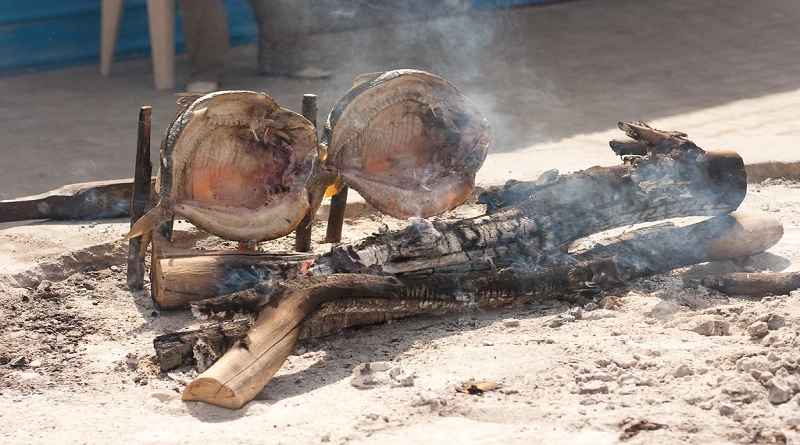
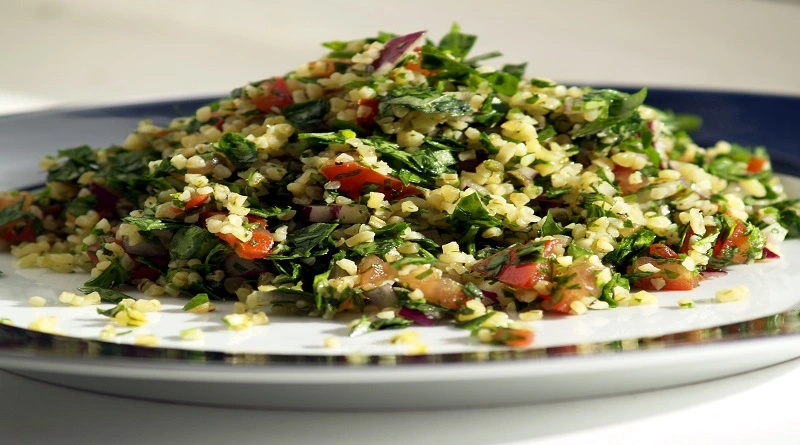
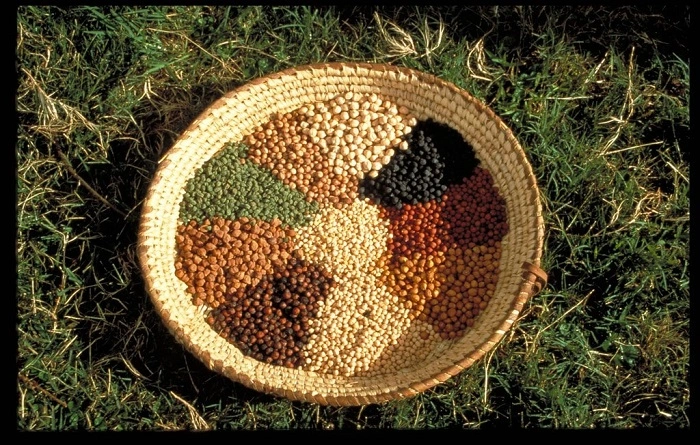

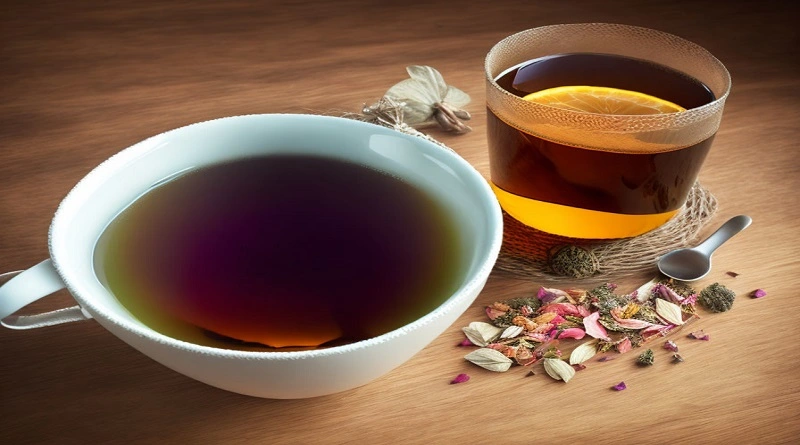
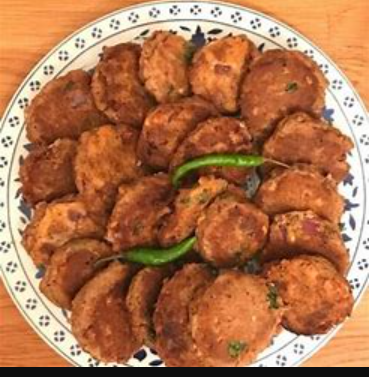
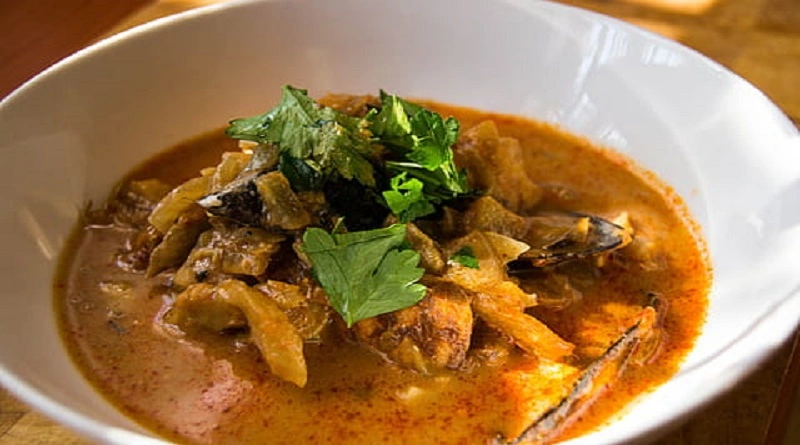
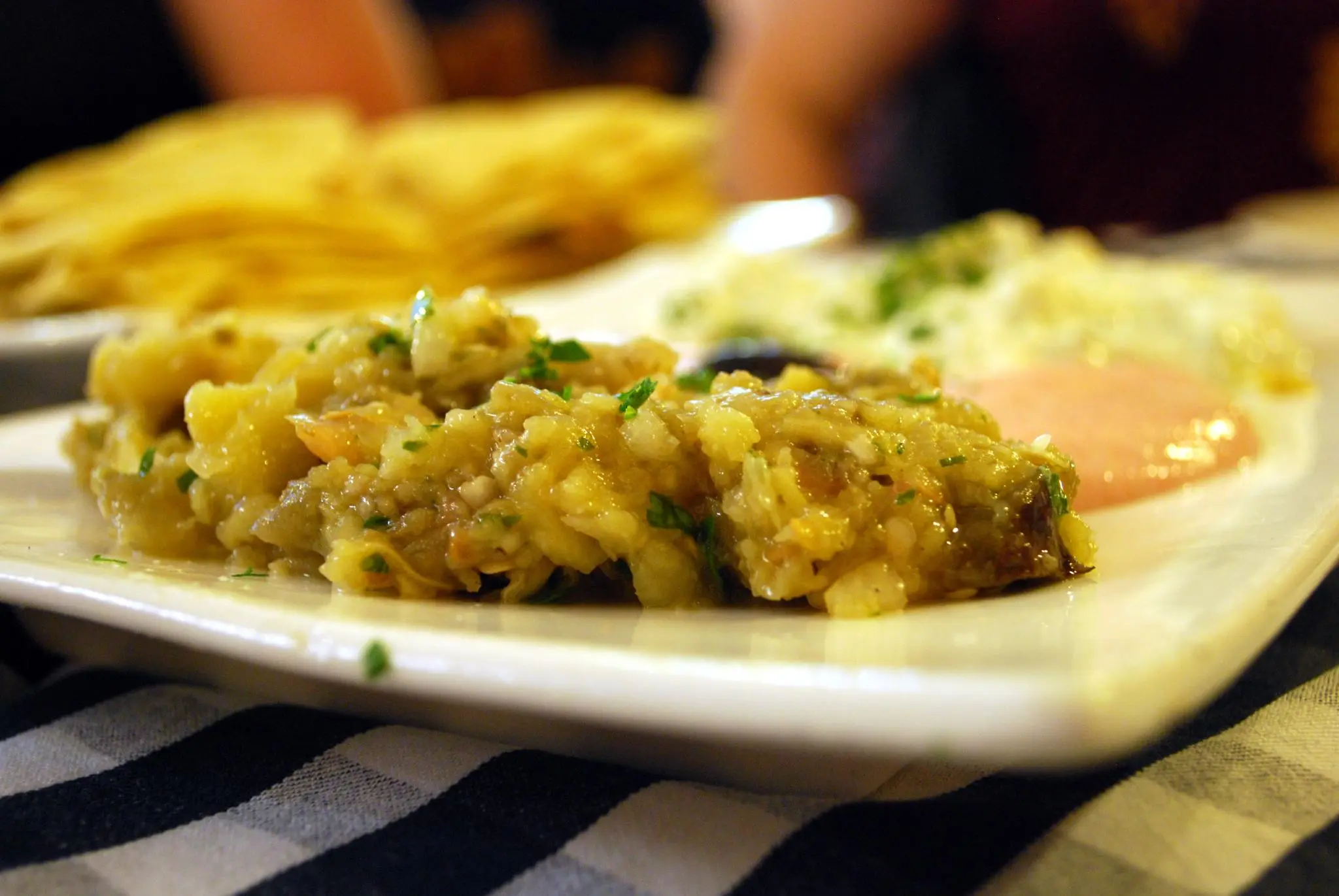
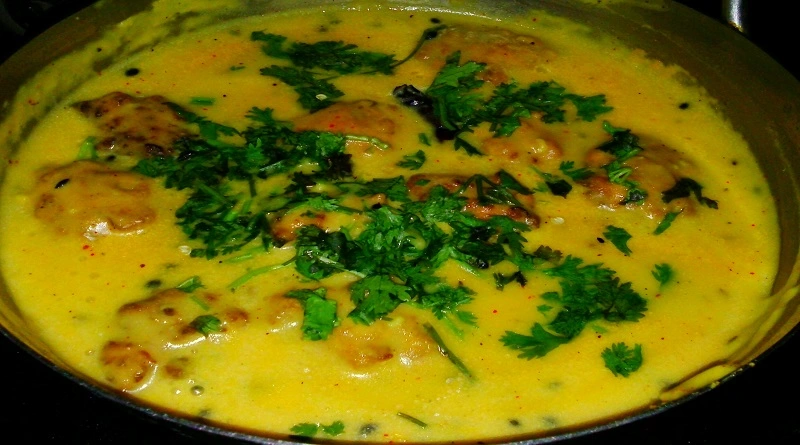
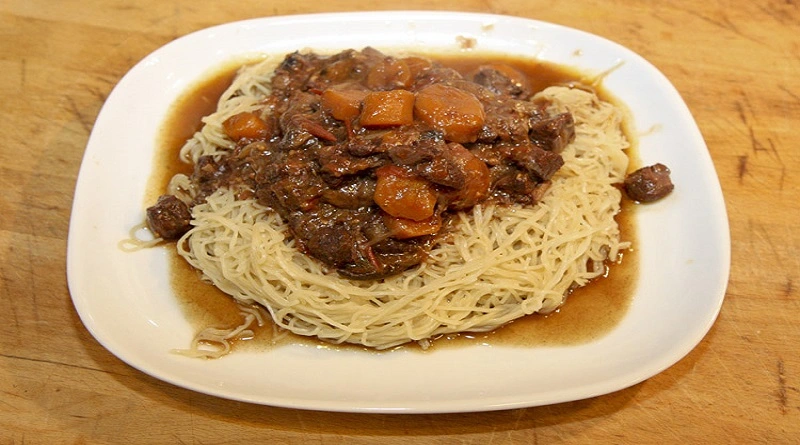
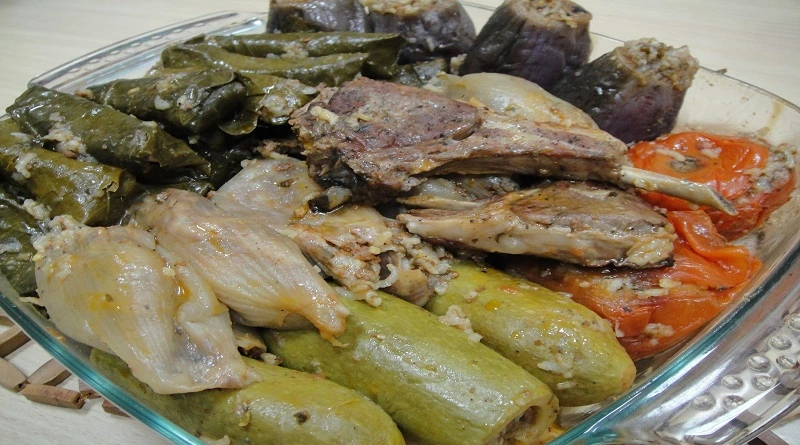
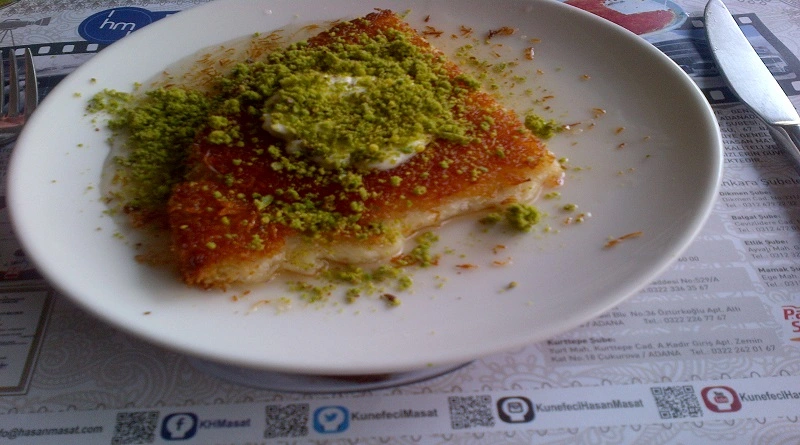
I may need your help. I tried many ways but couldn’t solve it, but after reading your article, I think you have a way to help me. I’m looking forward for your reply. Thanks.
yes of course you may ask any of questions on the article